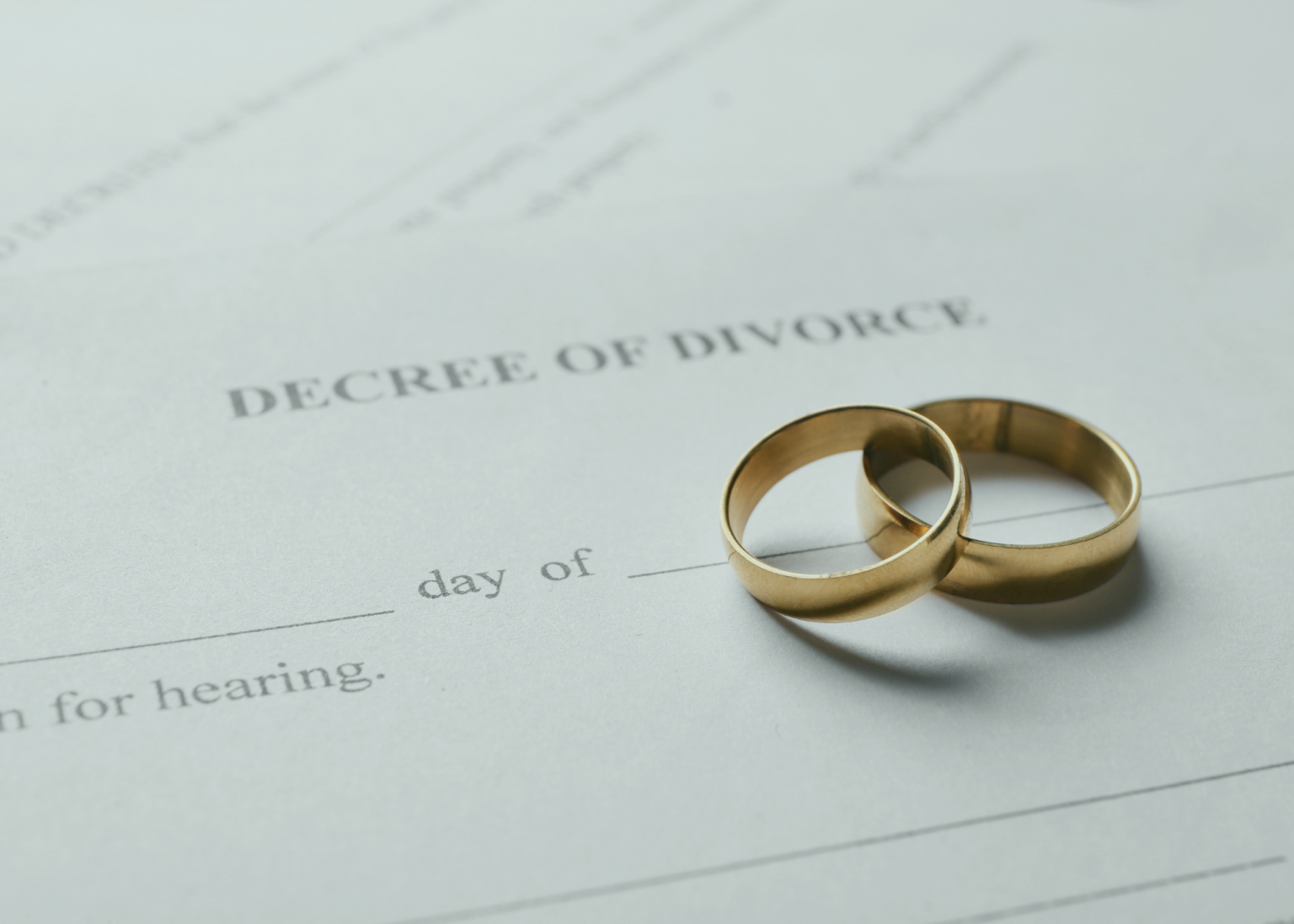Key Takeaways
-
VA loans after divorce require action—ownership and liability don’t change automatically.
-
Veterans can restore VA entitlement by selling, refinancing, or securing a release of liability.
-
A civilian ex-spouse may assume the loan but cannot use VA benefits for new financing.
-
Refinancing or selling provides a clean financial break and protects future eligibility.
Divorce can be both emotionally and financially challenging—especially when a VA loan and homeownership are part of the equation. For many Veterans and service members, the family home is one of their most valuable assets. Understanding how a VA loan after divorce affects your entitlement, loan responsibility, and future eligibility is essential for protecting your financial stability.
What Happens to a VA Loan After Divorce
When a couple divorces, the VA loan doesn’t automatically shift to one person. Both names remain on the mortgage until the loan is refinanced, sold, or assumed. The best solution depends on who keeps the home and what’s financially realistic.
1. Sell the Home
Selling is often the simplest approach. The sale proceeds pay off the loan, and any remaining equity is divided between spouses. Once the VA loan is fully repaid, the Veteran’s entitlement is restored, allowing them to use their VA loan benefits again.
| Scenario | Result |
| Home sold, loan paid off | Veteran’s entitlement restored |
| Equity remains | Split according to divorce decree |
2. Request a Release of Liability
If the Veteran keeps the home, they can request a release of liability from the lender. This removes the civilian ex-spouse’s financial responsibility for the mortgage. To qualify, lenders usually require:
- A divorce decree showing the Veteran received the home
- A new deed transferring ownership
This option lets the Veteran maintain their VA loan benefits while taking full responsibility for the mortgage.
3. Let the Civilian Ex-Spouse Assume the Loan
If the civilian spouse wants to stay in the home, they may assume the existing VA loan—keeping its favorable interest rate and terms. However, the Veteran’s entitlement remains tied to the property until the loan is paid in full or refinanced, preventing the Veteran from using a new VA loan during that period.
| Loan Assumption by Civilian Spouse | Impact on Veteran |
| Spouse assumes VA loan | Veteran’s entitlement stays tied up |
| Loan paid off or refinanced later | Entitlement restored |
4. Refinance the VA Loan
Refinancing offers a clean break by removing the ex-spouse from both the loan and title. Veterans can use one of two main refinance options:
| Refinance Type | Purpose |
| VA Streamline Refinance (IRRRL) | Removes ex-spouse and possibly lowers rate |
| VA Cash-Out Refinance | Removes ex-spouse and accesses home equity for a buyout |
Refinancing restores full financial control and can improve long-term flexibility.
Can an Ex-Spouse Keep or Use a VA Loan?
A civilian ex-spouse cannot use VA benefits to apply for a new VA loan after divorce. The only exception applies to surviving spouses who meet specific VA eligibility rules.
If a civilian ex-spouse assumes an existing VA loan, they may stay in the home as long as they qualify with the lender. However, the Veteran’s entitlement remains tied to the mortgage until it’s fully repaid or refinanced.
VA Occupancy Rules During and After Divorce
The VA requires the home to serve as a primary residence for at least 12 months after closing. After that period, some lenders may allow the property to be rented.
Veterans cannot refinance a home solely into their name and then move out while the ex-spouse remains as a tenant. Doing so would violate VA occupancy requirements, which could lead to loan issues or benefit restrictions.
VA Loan Entitlement and Divorce
Your VA loan entitlement represents the amount the VA guarantees on your mortgage. When you buy a home using a VA loan, part—or all—of your entitlement remains tied to that property until the loan is resolved.
You can restore entitlement if:
- The home is sold and the loan is fully paid off
- The VA loan is refinanced in your name only
- The ex-spouse assumes the loan and is also a qualified Veteran
- The lender issues a release of liability
If your civilian ex-spouse assumes the VA loan, your entitlement remains restricted until that loan is repaid or refinanced.
Protecting Your VA Loan and Entitlement After Divorce
Divorce involving a VA-backed mortgage requires careful financial planning. The right move depends on who keeps the home, who can afford the payments, and how to preserve VA loan eligibility for future use.
Before making a decision, talk to:
- A VA-approved lender about your refinancing or assumption options
- A family law attorney familiar with VA loan guidelines
By taking action early, Veterans can protect their benefits and maintain long-term financial security.
FAQs About VA loans after divorce
No SSN required. Zero impact to credit. Your Information is never sold.



